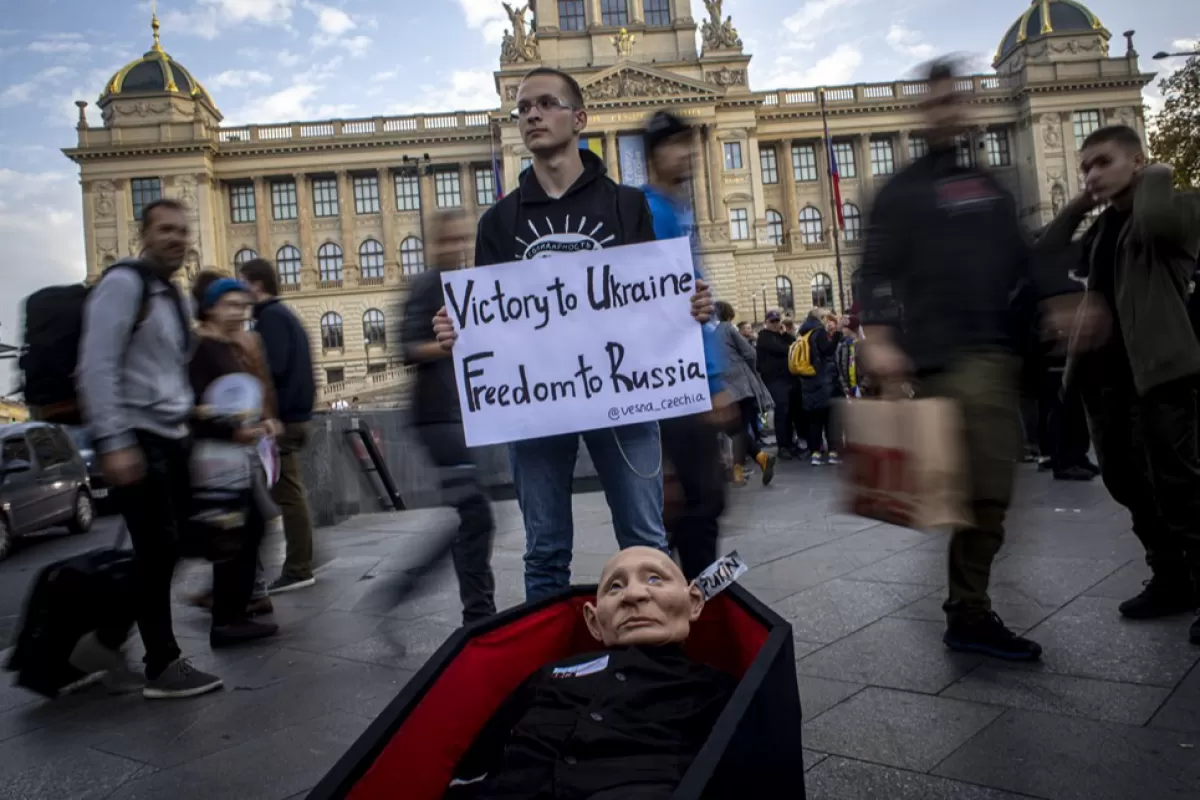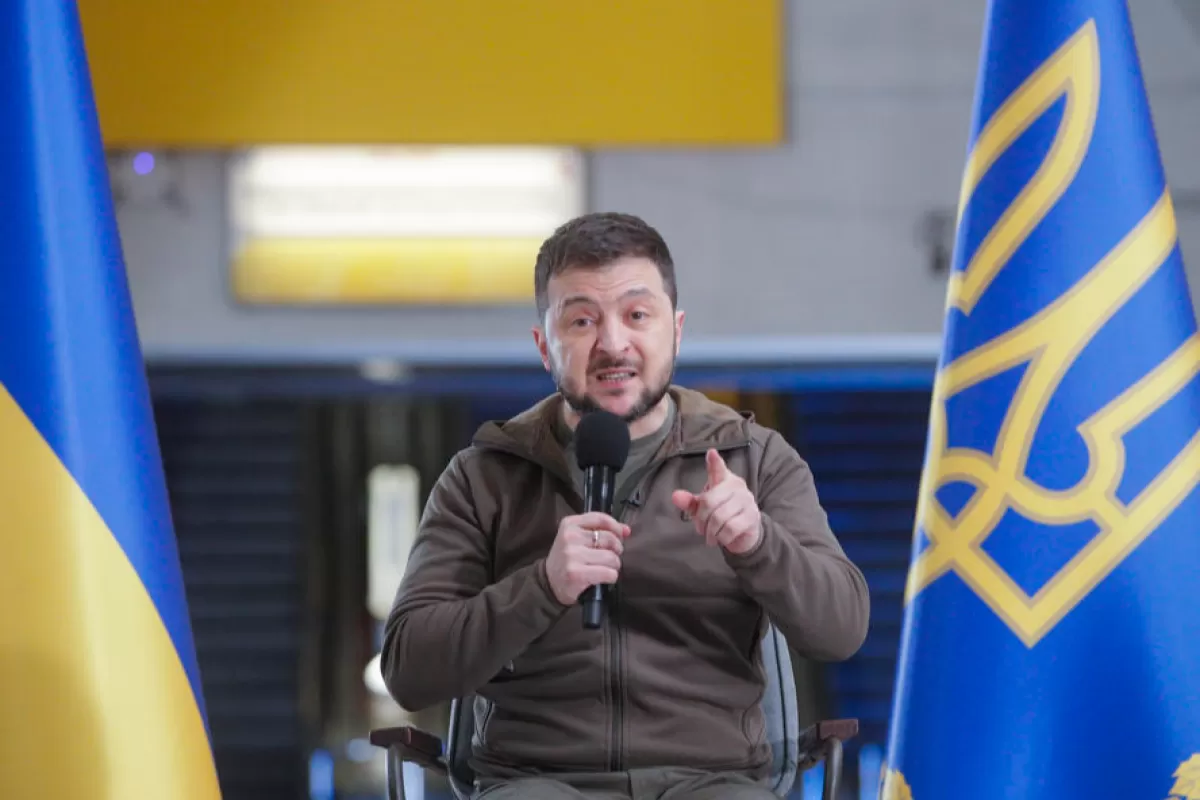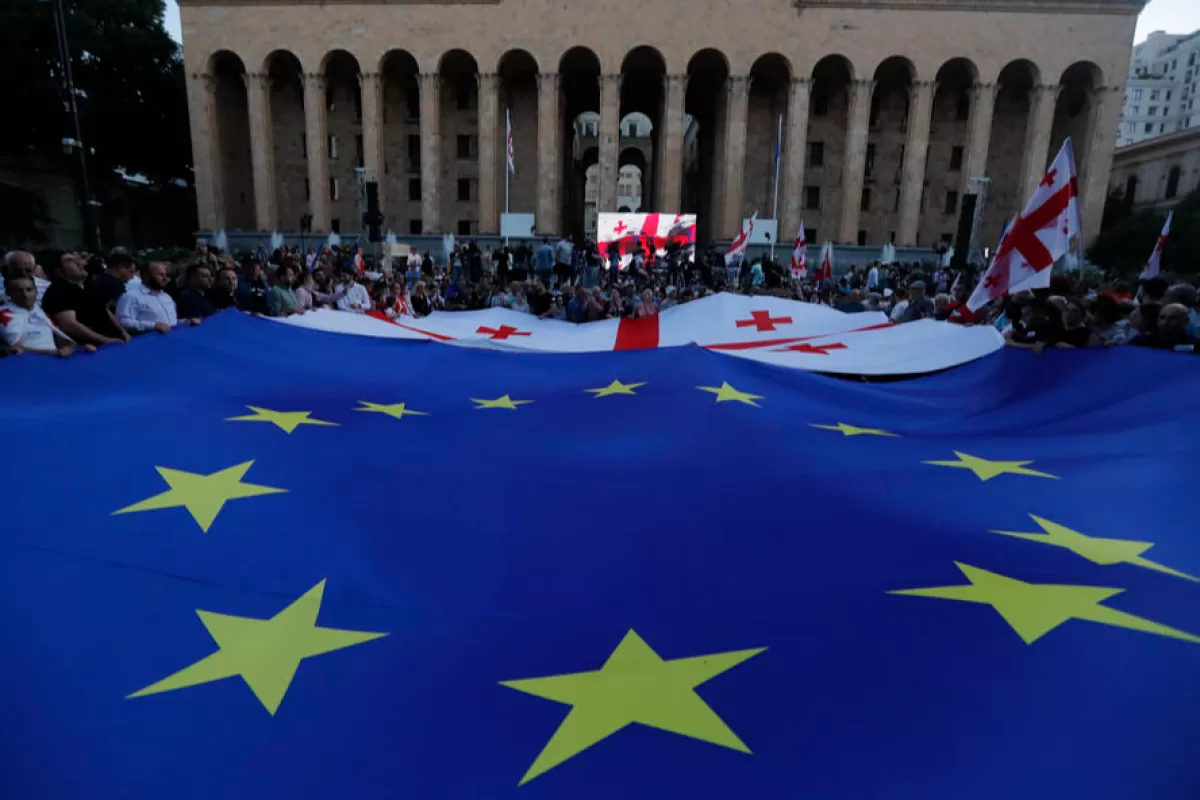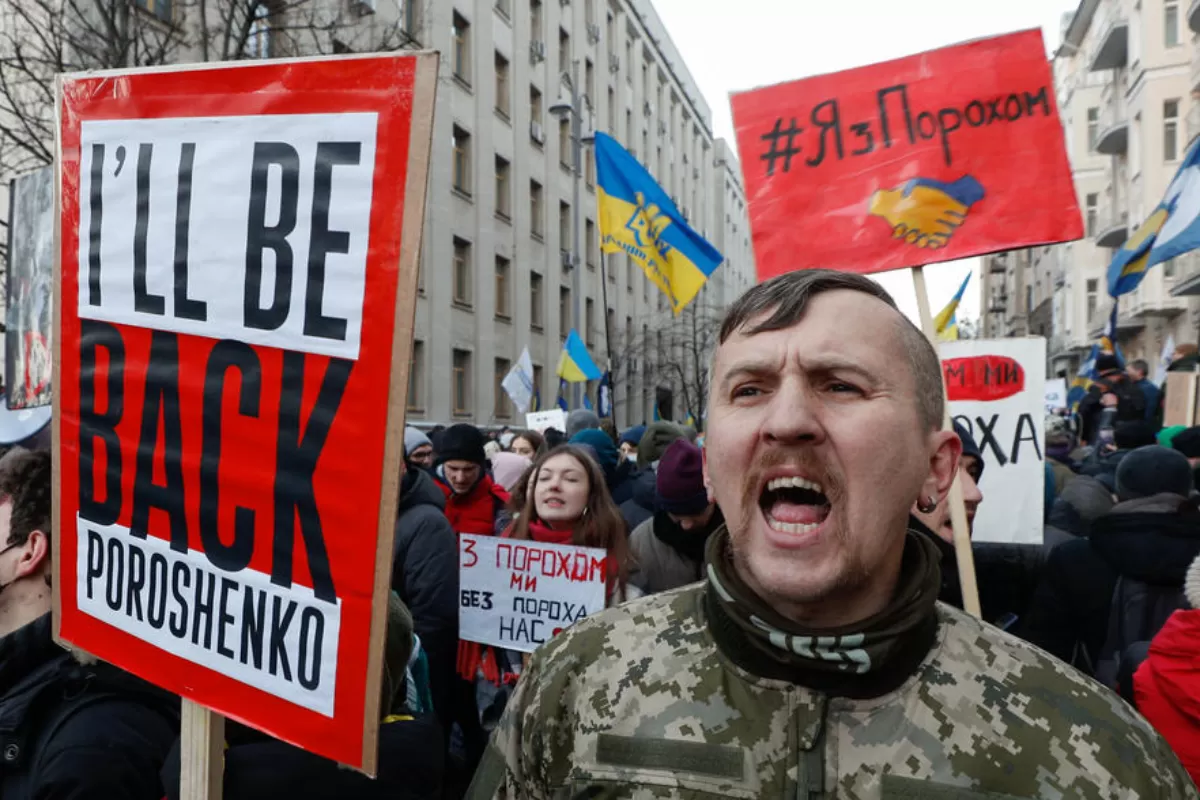
Between December 26 and 27, 2022, the informal Summit of the leaders of the CIS states took place in the city of Sankt-Petersburg. The meeting should have shown that this Russian-dominated organization, which for years has been trying to present it as an alternative to the more attractive EU and NATO, is relevant and viable, that Moscow enjoys the support of its ex-Soviet partners even in the conditions of the war in Ukraine. Speeches about cooperation cannot mask the reality: the CIS is an outdated organization, in crisis, which has no serious long-term prospects.

The meeting of NATO Foreign Ministers held in Bucharest over November 29-30 was not overlooked by Russian officials, nor propaganda media. Moscow interpreted the event in its own, different key, without however introducing new elements in terms of rhetoric. The allegations brought to the North Atlantic Treaty Alliance are the same: NATO has reached beyond the purposes it was originally designed for, it is promoting an all-out war against Russia while using the territory of other states, it is supplying Kyiv with weapons, prolonging the war indefinitely.

The war in Ukraine is not going well for Russia and the regime of Vladimir Putin, who threw his country into the affair. Although Putin forced all his people to say in February 2022 that Ukraine must be destroyed, the final decision was his and he will answer for it, alone or with others. And that’s why many Western and Russian analysts started wondering whether Putin's “reign” is coming to an end and who might succeed him.

Many Russians who have fled Putin’s partial mobilization have ended up in Georgia, and their presence in this country is creating demographic, economic, political and, obviously, social problems. Besides, Tbilisi authorities cannot be sure whether each of these migrants is a fugitive or if they are agents on Moscow’s payroll. All that is generating a national security predicament that must be managed in due time while the country is trying to maintain its European track, after failing to secure the EU candidate status this year.

Most Ukrainians believe their country will win the war against Russia, reads a recent survey carried out by the International Republican Institute. The study also reveals that Ukrainians continue to argue in favor of Euro-Atlantic integration, although their perception of NATO reported fluctuations due to delays or readiness to provide military assistance, and they remain critical of their elected officials, despite the war.

In recent years, Ukraine has taken a series of measures to secure its information space, affected both by Russian manipulation and disinformation campaigns, and by the influence of some oligarchs pursuing their own interests. The measures include a law aimed at taking the media away from the control of oligarchs. The effect has been more state control over the media, and the question arises whether it is a temporary situation, justified by the war, or a regression of Ukrainian democracy.

Georgia was once considered the most reformist and pro-Western country in the former Soviet Union, with the exception of the Baltic republics. However, the last decade was marked by a slowdown in reforms and a rapprochement with Moscow, and the result was that Georgia did not receive the EU candidate status along with the Republic of Moldova and Ukraine.

In the months that have passed since the start of Russia’s massive attack against Ukraine, Volodymyr Zelensky has turned out to be a remarkable leader. He didn’t flee, didn’t betray the people who put him in office, said no to illicit dealings and didn’t trade off the sovereignty of his country. The Russians tried to reach him during the first hours of the invasion. Is Moscow afraid of president Zelensky and the ideas he stood up for even before the war broke out?

A survey carried out by an independent center a month since the start of the war in Ukraine shows massive support from the Russian population for the so-called “special operation”, as well as for the Putin administration. The support might diminish as the people start feeling the effects of the conflict and of international sanctions.

Despite its overwhelming superiority in terms of military strength, Russia did not attain any notable objective in Ukraine, primarily due to the Ukrainians’ staunch resistance. Evidence of that can be found in the territories occupied by the Russian army, where the population refuses to accept occupation forces and the few local collaborators the Kremlin is trying to impose in key leadership positions.

The recognition of the separatist republics in Donbass, which was an intermediate step towards the total invasion of Ukraine, could prove to be one of Putin's biggest mistakes and the beginning of the end for his regime.

Petro Poroshenko allegedly abused his office to help the separatist regions in Donbas export coal to Ukraine, thus contributing to financing the rebel forces. The former president claims the inquiry is a political gunfight, and other voices have criticized the timing for making these allegations, considering the growing tensions on the Russian border.